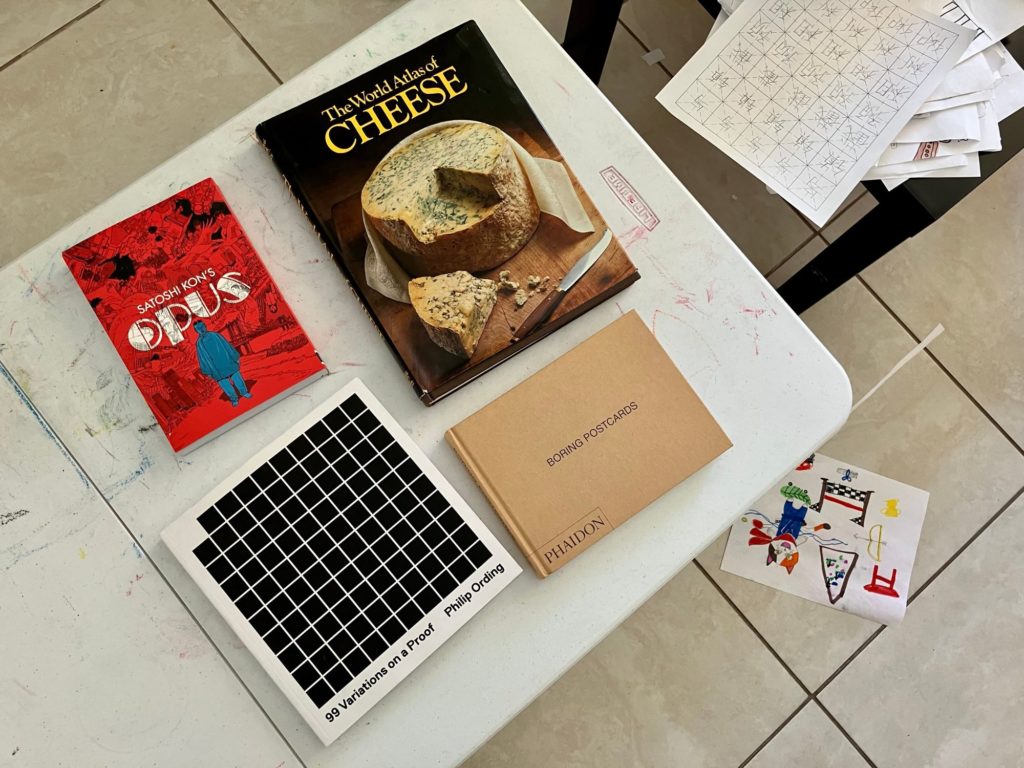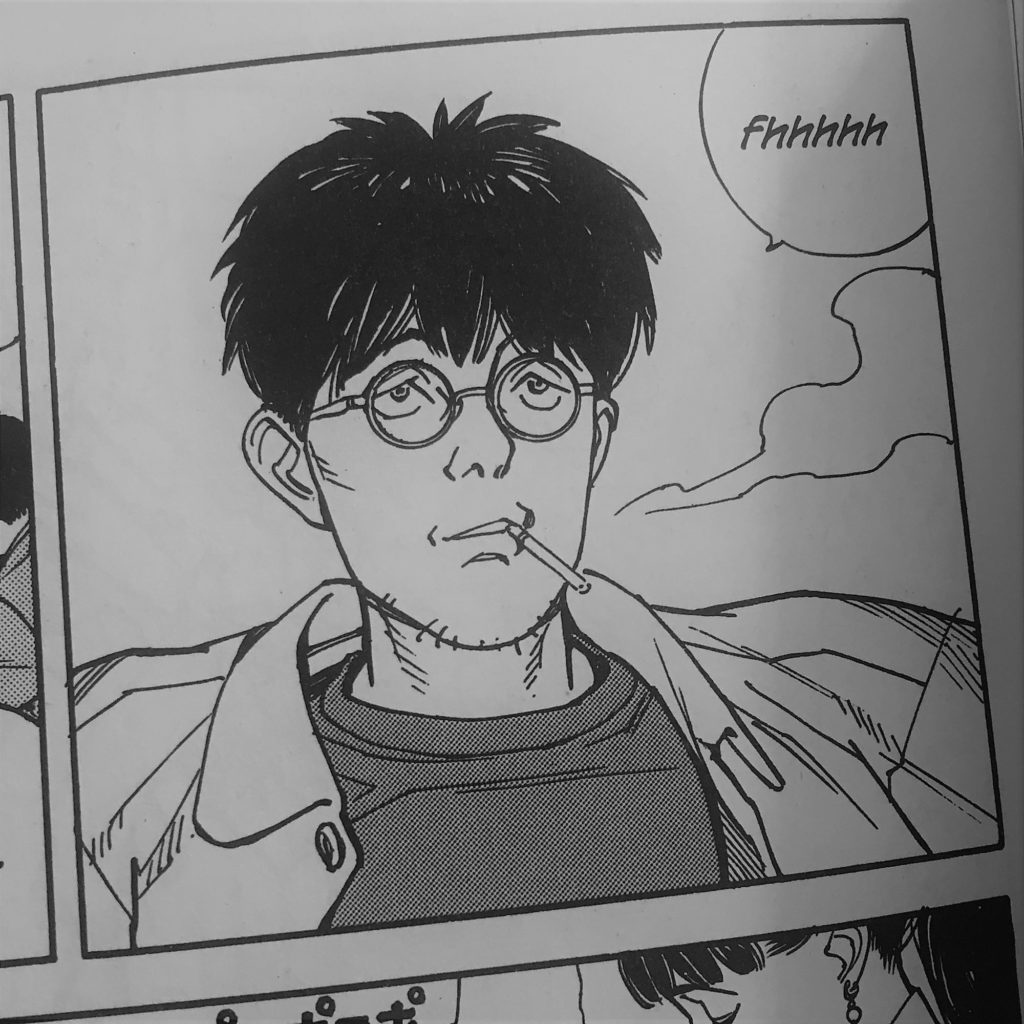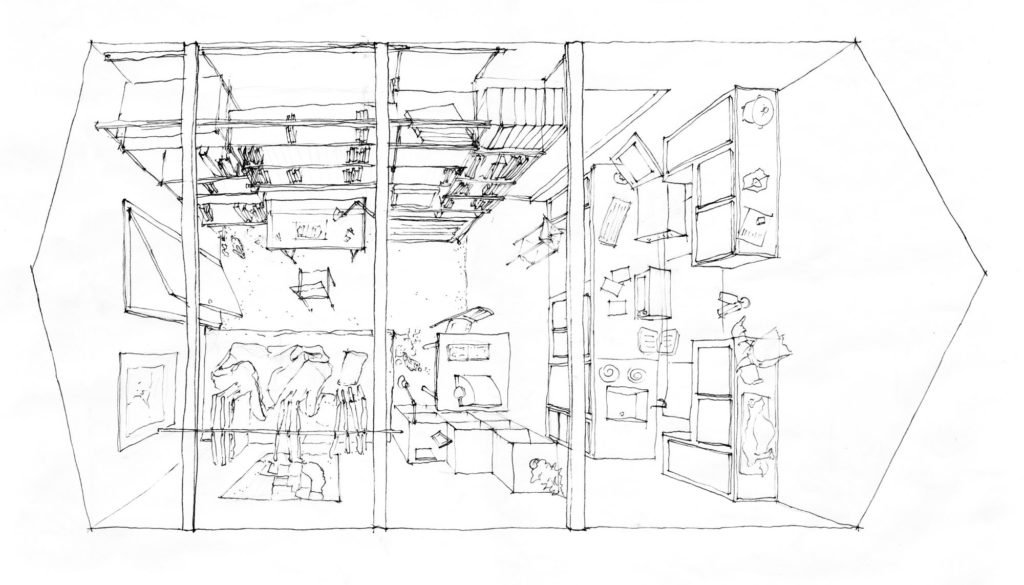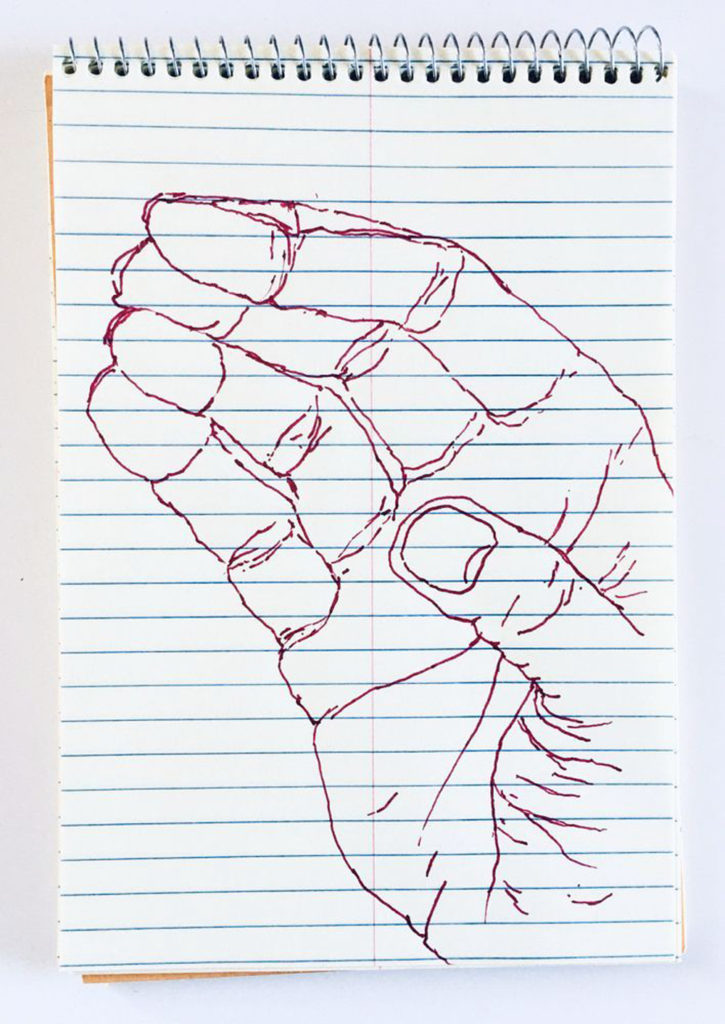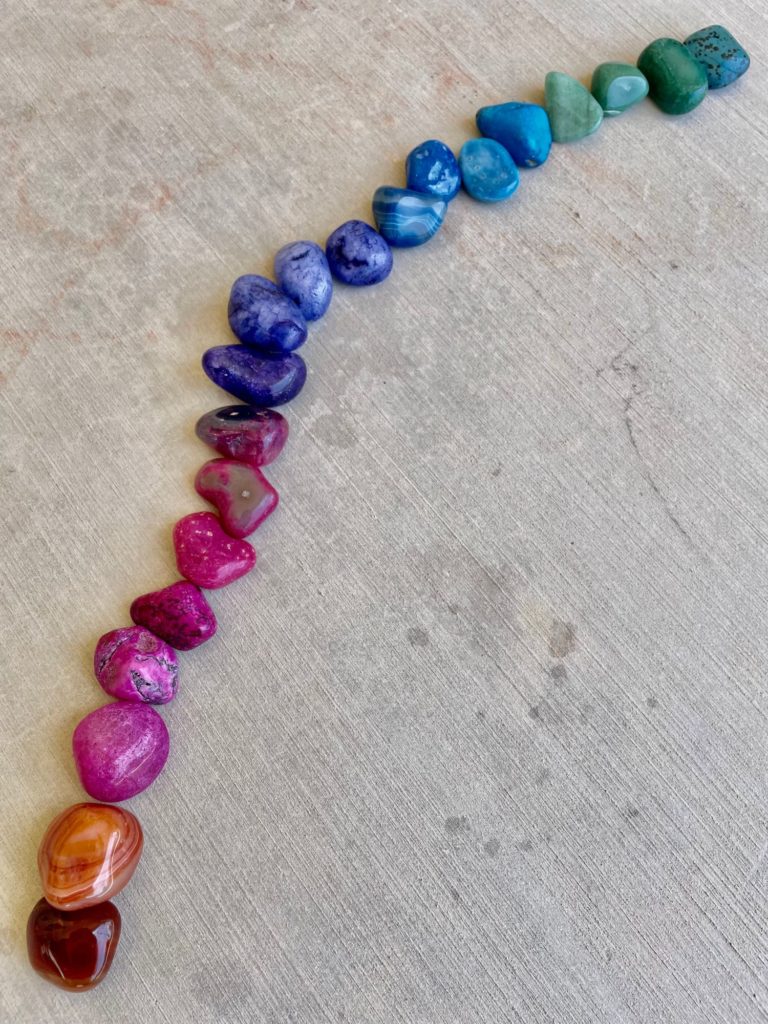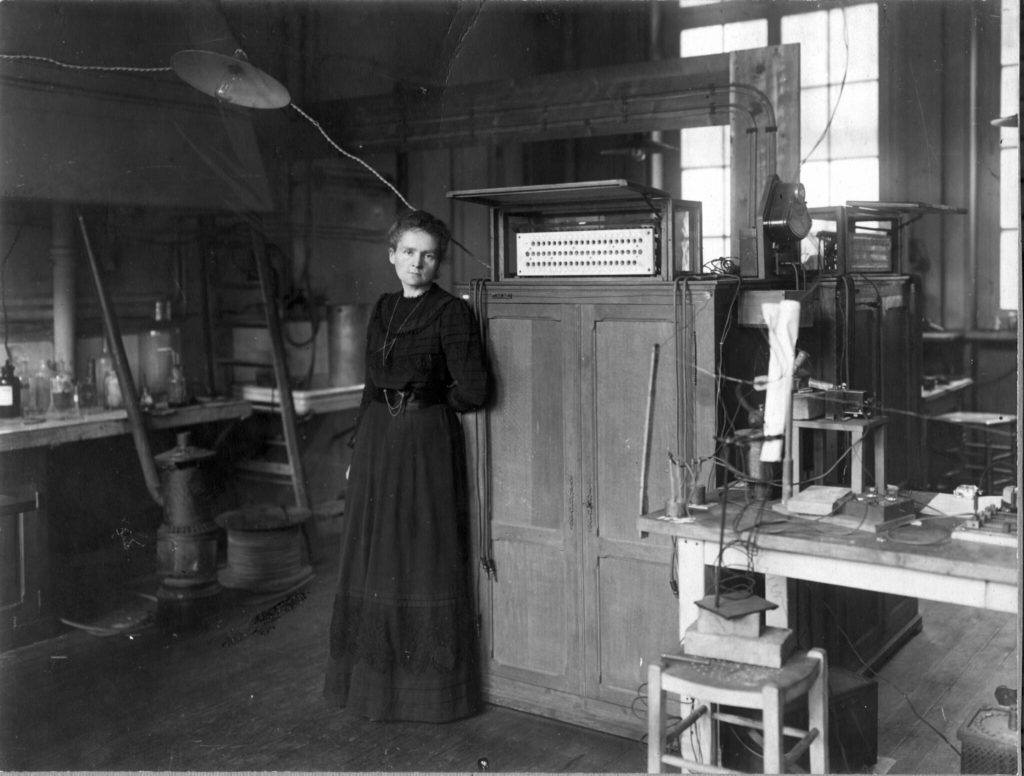We left the world as it shut down.
Three years later, we decided to visit the library.
For a Japanese koto concert
(we lasted one song)
Shopped at the friend’s bookstore,
Browsed the stacks,
While we were out, we went shopping.
(our first time with the kids)
- Marshalls
- Ranch 99
- 168
- Sprouts
He rode the shopping cart seat,
She scrunched in the basket.
She got out and pushed him,
(he got out and tried to pushed her)
Bought my first new pair of shoes in five years.
Picked up staples, veggies and meat.
He called out the name of everything he saw.
(delighted by the mundane cornucopia of produce)
We saw live fish,
looking miserable.
And crab, clams, and lobsters,
(presumably miserable too)
Crackers,
Lots of crackers.
And aisles of snacks and candy.
(mama said no!)
I ran into an classmate from my old kung fu school.
He recognized me, even with a mask.
We hugged.
(school still going strong)
Left for home at 7 pm.
Mama made Mac & Cheese at 9 pm.
Kids fell asleep at 11 pm.
(made it to 12am to close year 43.)
(what will 44 bring?)
Woke up to wrap presents
Made pancakes with the kids
They unwrapped my gifts
We started a puzzle
I took a nap
Made birthday noodles
Cleaned the kitchen
We went to Ikea.
It’s been forty months,
Since I rushed through for
Utensils and Swedish meatballs.
(exiled from family before the world shut down)
The four of us
leisurely meandered
through both floors
(he loved the escalator)
They sat on every couch
Before we picked up the pace
To the toys.
(mama let us buy a small stuffie)
Downstairs
He rode a shopping cart,
Twice in two days!
(after so many years)
We picked through the goods,
Checked out,
Entered the dark.
(two hours after we arrived)
He exclaimed
Wow that was fast!
Yes it was.
(all of it)
䷎䷦
modest expedition
through neighbors
no disadvantage
